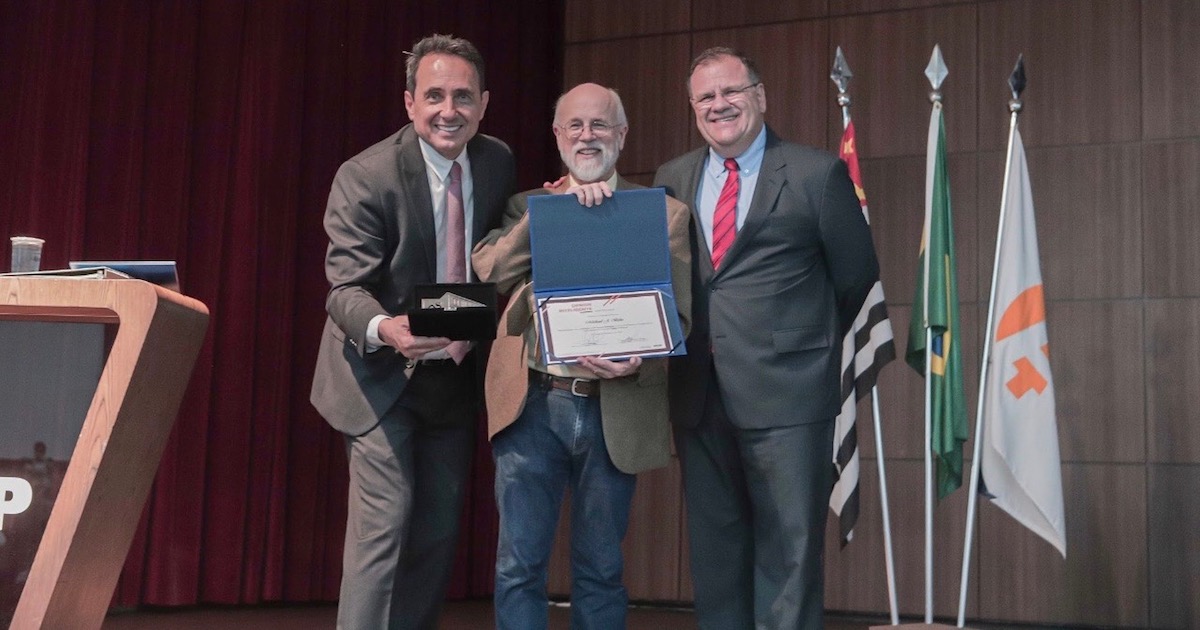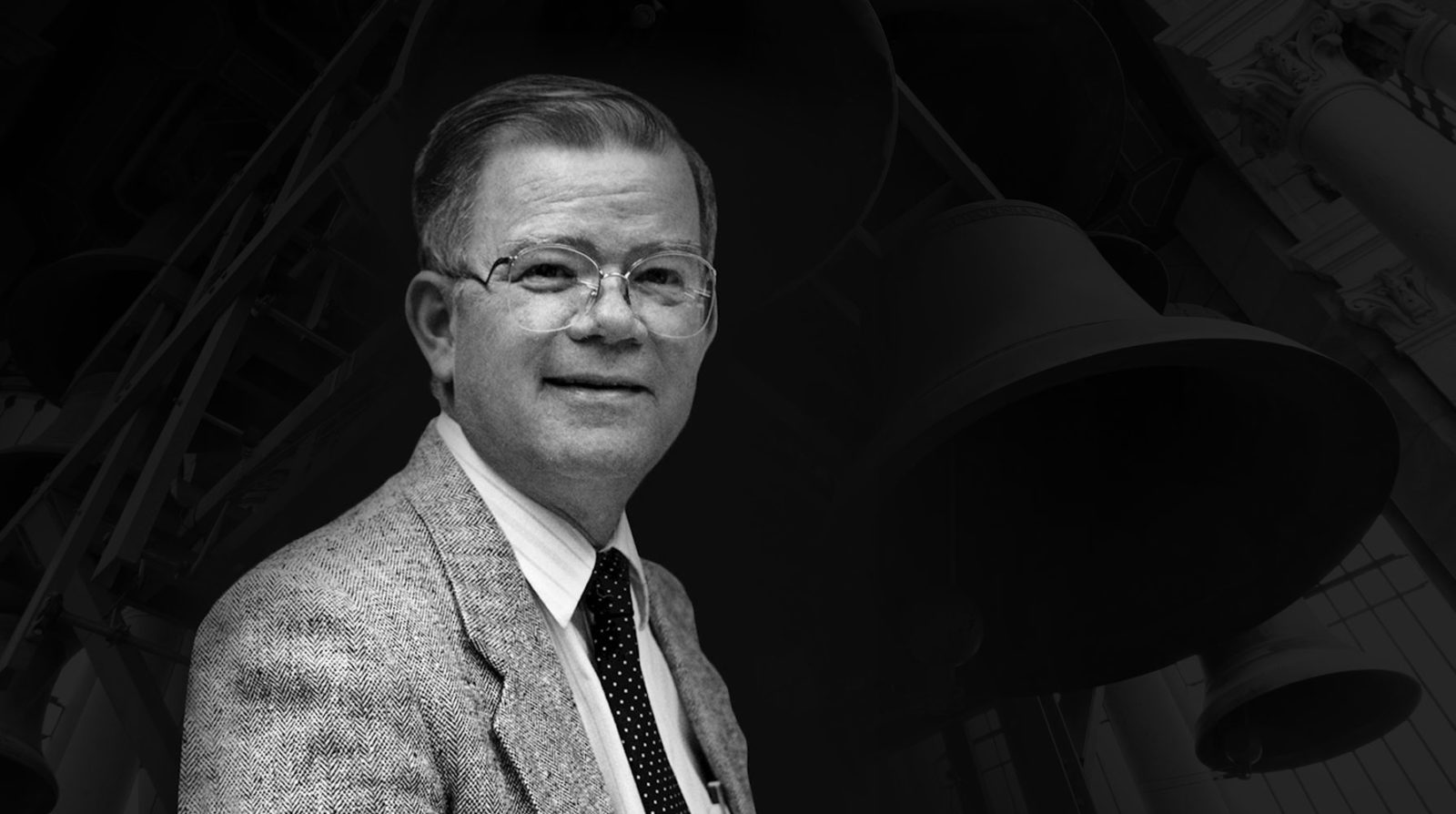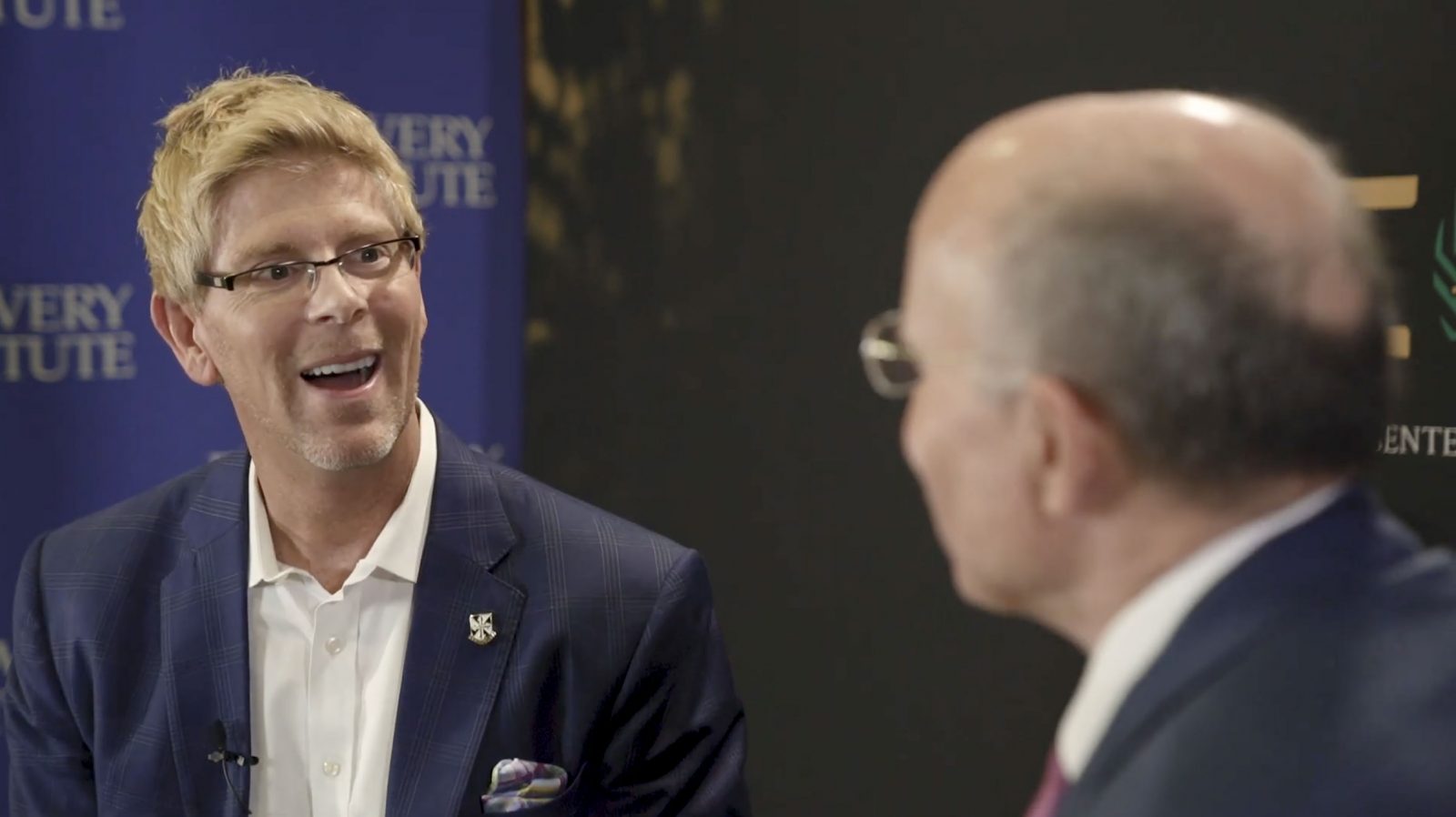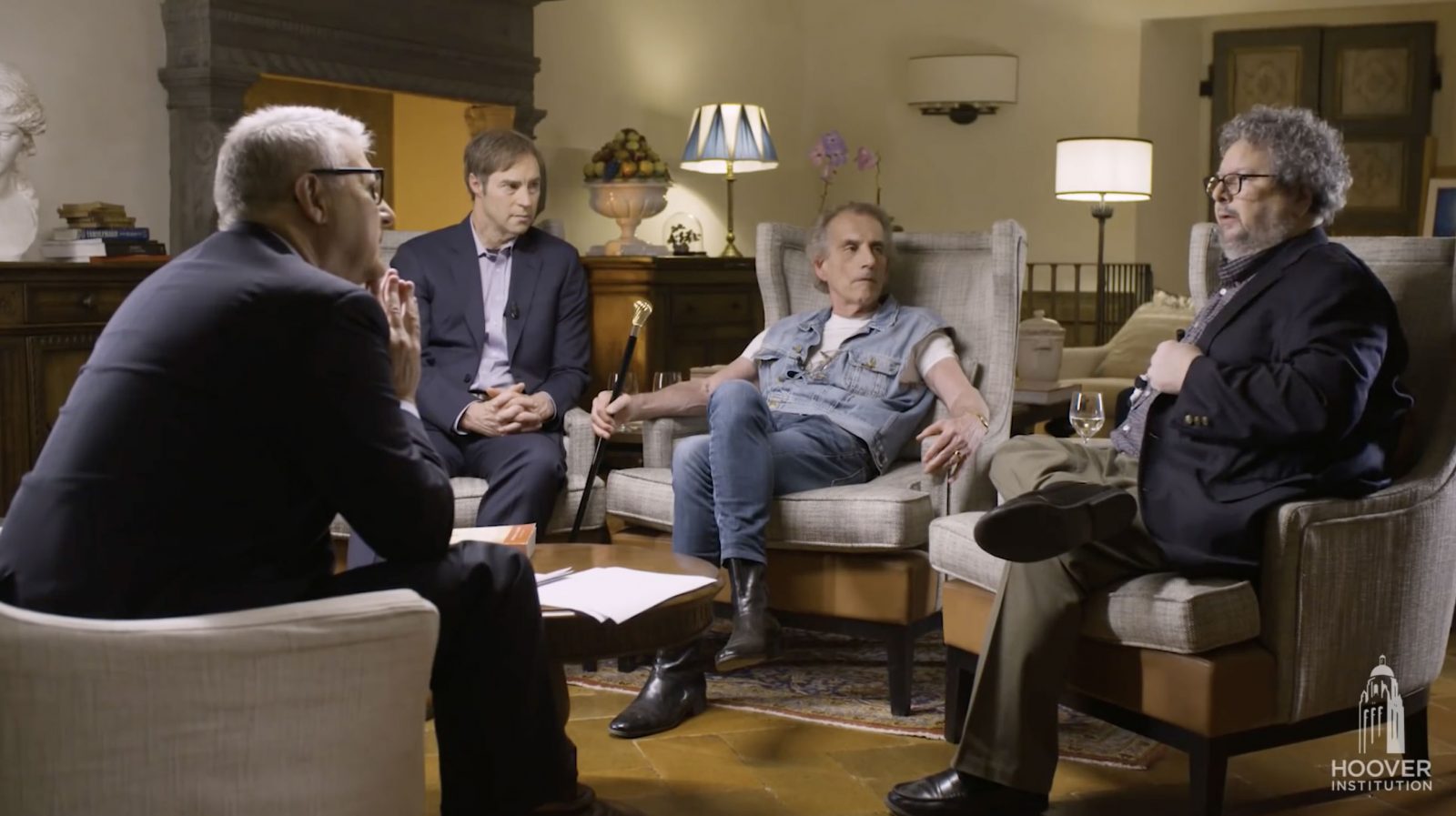On this episode of ID the Future, Lehigh University biochemist Michael Behe discusses the closing sections of his new book Darwin Devolves: The New Science about DNA That Challenges Evolution. He compares evolutionary biology in Darwin’s time and today to the world of astronomy before and after the telescope was invented. The cell was a black box to Darwin and his contemporaries. Today we can explore that black box like never before, much better even than even two decades ago, allowing us to observe what evolution can actually do at the molecular level. According to Behe, the answer is, not much. Evolution can create niche advantages by breaking certain things, but it doesn’t build fundamentally new structures or new machines. That’s because it can’t do what mind can do. It can’t purposefully arrange things. Behe and host Andrew McDiarmid discuss what it might mean for origins science to again recognize, and allow room in its explanatory toolkit for, the unique causal powers of mind. Finally, Behe reflects on his critics’ confident predictions that they’d have the evidence to refute his groundbreaking book Darwin’s Black Box within 20 years. It’s now been 20 years, so where does the score stand? Please consider donating to support the IDTF Podcast.








